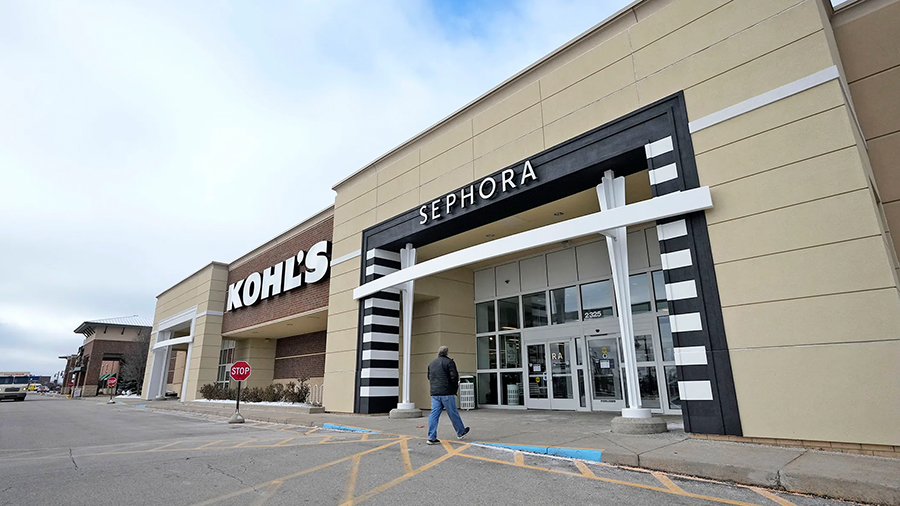Moody’s Investors Service downgraded Kohl’s Corp. due to the continued deterioration in credit metrics and the erosion of the retailer’s market position as it enacts a turnaround to its operating performance in 2023.
S&P Global Ratings lowered the debt ratings of Kohl’s early in April.
Moody’s said significant improvement would require the successful execution by its new senior leaders, particularly in merchandising and inventory management, during a challenging consumer environment.
Moody’s expects Kohl’s profitability to remain well below historical levels, given the lead time needed to implement the company’s initiatives, while its value-oriented consumer contends with the challenging economy, particularly the ongoing high inflation.
The rating agency lowered Kohl’s corporate family rating (CFR) to Ba2 from Ba1, its probability of default rating (PDR) to Ba2-PD from Ba1-PD and its senior unsecured ratings to Ba3 from Ba2. Its speculative grade liquidity rating (SGL) remains at SGL-2. The outlook was changed to negative from stable, reflecting the risk of returning profitability consistently to levels supporting the Ba2 rating. Moody’s said that although leaner inventories, its continued Sephora rollout and lower freight costs support progress for the retailer in 2023, Kohl’s would need to make substantial improvements as its customers remain pressured. Any pursuit of share repurchases, until cash balances return to historical levels and profitability is on a consistent trajectory of improvement, would be viewed negatively.
The SGL-2 liquidity rating reflects Moody’s view that profitability and free cash flow generation would be positive over the next twelve months, such that its $1.5 billion secured revolver would be undrawn at the end of fiscal 2023, and cash balances would begin to rebuild to historic levels.
Moody’s wrote in its analysis, “Kohl’s Ba2 CFR reflects its significant market position and scale with approximately $18.1 billion of revenue. The company has a long-term track record of innovative merchandising, which includes a high level of private label and exclusive merchandise that resonates with its value-oriented customers. Kohl’s enacted a major realignment of its inventories in the fourth quarter of 2022 as sales performance remained pressured, resulting in a significant deterioration in earnings and credit metrics. Moody’s debt/EBITDA rose substantially to 5.7x at the end fiscal 2022 compared to 2.4x at the end of fiscal 2021, reflecting weaker sales performance and the margin pressure associated with its aggressive clearing inventory. The rating also reflects governance considerations, including its commitment to a 2.5x leverage target (per the company’s definition) and a moratorium on share repurchases in 2023. Nonetheless, the company’s capital allocation was aggressive in 2022, completing $0.7 billion of share repurchases, including a $500 million accelerated share repurchase program despite having negative free cash flow. Moody’s expects reduced product costs, improved inventory management, its Sephora rollout, and new merchandising efforts to contribute to margin expansion in 2023 and reduce leverage per Moody’s calculation to approximately 4.5x. The turnaround will require Kohl’s to enhance its execution at a time when its consumer must still contend with inflation and higher interest rates.”
Photo courtesy Kohl’s
















